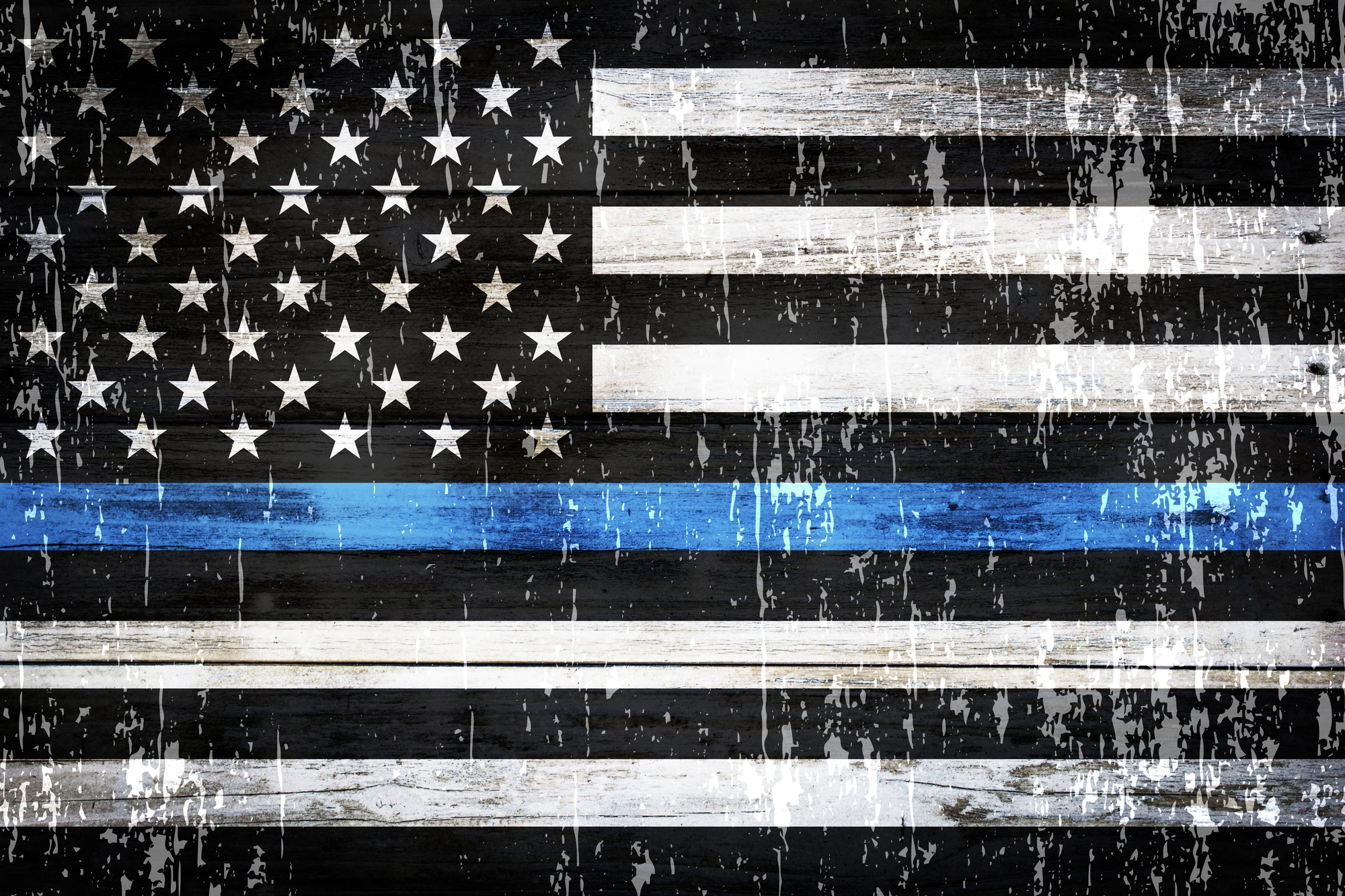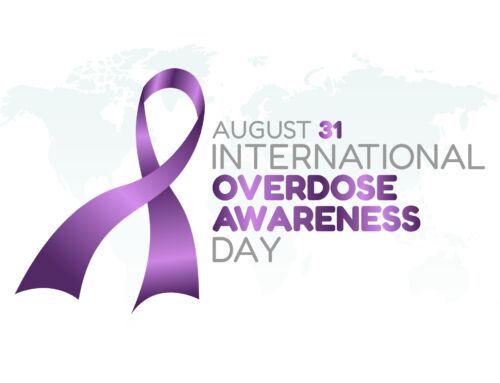Substance abuse in law enforcement is a crisis that is often hidden beneath the surface of professionalism, duty, and stoicism. Police officers are trained to respond to some of society’s most dangerous and traumatic incidents, often with little room for emotional release. Over time, this work environment—filled with high stress situations, trauma exposure, and institutional silence—can lead to chronic stress, mental health deterioration, and eventually substance use disorders.
Greenbranch Recovery, based in Egg Harbor Township, New Jersey, understands the unique burdens faced by the law enforcement community. We are committed to providing addiction treatment for first responders, including police officers, who may be struggling in silence. This article explores the causes, impacts, and solutions to drug abuse and substance use among law enforcement officers—and how our treatment center is here to help.
The Scope of the Problem: Substance Abuse in Law Enforcement
Substance abuse among law enforcement officers is significantly more common than in the general population. According to a nationally representative sample published in the American Journal of Industrial Medicine, nearly 25% of police officers engage in hazardous alcohol use, with up to 10% meeting the criteria for alcohol dependence. Research shows that drug use—ranging from prescription opioid misuse to heroin addiction—has also risen, especially in cases involving on-the-job injuries and untreated emotional distress.
Police officers face repeated exposure to traumatic incidents. From responding to violent crimes and child abuse to witnessing fatal accidents, the psychological burden of police work is enormous. This leads many officers to self medicate with alcohol, prescription drugs, or illicit substances to manage the mental strain.
Among the most alarming trends is the frequency of binge drinking among male officers, with some studies suggesting they drink at nearly double the rate of the general population. Female officers, though fewer in number, report high levels of traumatic stress and may be more vulnerable to developing psychiatric disorders, including post-traumatic stress disorder (PTSD) and depression.
If you or someone you love is a police officer struggling with substance use, call (609) 622-5101 to learn more about our treatment programs for members of law enforcement.

Root Causes of Substance Use Among Police
Understanding addiction in the police force requires an honest assessment of the many risk factors officers face throughout their careers.
Trauma Exposure and PTSD
Traumatic stress from repeated exposure to violence and loss has been significantly related to substance use disorders in officers.
Law enforcement officers are routinely exposed to a high volume of traumatic incidents throughout their careers. Estimates in the literature suggest that officers may encounter a significant number of traumatic events, with some sources indicating a range from 10 to 900 over a career, and other estimates suggesting around 900 or more high stress and potentially traumatic critical incidents. These events can include shootings, serious accidents, and death notifications. This level of exposure can mirror the intensity of trauma faced by military personnel in combat zones.
The cumulative impact of these exposures puts officers at a significantly higher risk for developing Post-Traumatic Stress Disorder (PTSD) compared to the general population. Research consistently demonstrates a strong link between PTSD and substance use disorders. Studies indicate that a substantial percentage of individuals diagnosed with PTSD also meet the criteria for a substance use disorder; for instance, a large national epidemiologic study found that 46.4% of individuals with lifetime PTSD also met the criteria for a substance use disorder. Without adequate mental health support, officers with PTSD may be particularly vulnerable to struggling with alcohol and drug abuse as maladaptive coping mechanisms.
Chronic Stress in the Work Environment
Law enforcement is an environment filled with unique stressors: rotating shifts, understaffing, mandatory overtime, and the constant vigilance required for personal safety. These stressors contribute to poor sleep, emotional dysregulation, and substance abuse. Officers may turn to alcohol or drugs as coping strategies to get through the week.
Cultural Stigma and the “Code of Silence”
The law enforcement community often discourages expressions of vulnerability. Seeking treatment for mental health or addiction may be perceived as weakness. This stigma—compounded by fears of professional consequences—can prevent many officers from accessing help until their disorder becomes unmanageable.
Veteran officers and those in leadership roles may feel this pressure even more acutely, further entrenching a culture of silence. Many officers suffer alone rather than risk damaging their reputation or losing their badge.
Physical Injury and Prescription Drug Use
On-the-job injuries are another pathway to addiction. Pain management after a physical injury may begin with a legitimate opioid prescription. However, research suggests that up to 10% of officers prescribed opioids continue use beyond the prescribed period, increasing the risk of heroin addiction and dependence.
The Impact on Individuals, Departments, and Communities
Substance use disorders among officers do not happen in isolation—they affect every layer of public safety and personal well-being.
On an individual level, addiction leads to poor physical health, psychiatric disorders, impaired decision-making, and increased risk of suicide. In fact, some reports suggest more officers die by suicide than in the line of duty.
At the departmental level, the presence of drug users or impaired officers compromises morale, damages credibility, and can lead to operational errors with devastating outcomes.
In the community, public trust erodes when incidents involving drug abuse or alcohol use surface among law enforcement. A single high-profile incident can damage years of relationship-building between police and civilians.
Call (609) 622-5101 or visit our admissions page to begin healing today.
The Barriers to Seeking Treatment
Despite the availability of effective treatment centers and recovery programs, many officers do not seek help. The reasons are clear:
- Fear of losing their job or firearm
- Concerns about confidentiality
- Internalized stigma
- Limited awareness of specialized services
Breaking through these barriers requires a cultural shift—one that redefines seeking help as an act of strength and commitment to both personal and public safety.

Solutions That Work: Support, Prevention, and Treatment
Greenbranch Recovery believes that substance use in law enforcement must be addressed with empathy, expertise, and specialized care. Here’s how change can happen:
Tailored Treatment for Law Enforcement Officers
We offer trauma-informed addiction treatment that speaks directly to the needs of first responders. This includes dual-diagnosis care for co-occurring psychiatric disorders such as depression, anxiety, and PTSD. Our programs are private, confidential, and staffed by clinicians trained to work with high-functioning professionals from the police force.
Family Involvement and Education
Substance abuse affects more than just the officer. Family members carry emotional burdens and often serve as the first line of defense in recognizing a problem. We can help loved ones understand the signs of substance use and how to support recovery without enabling the disorder.
Outreach
Encouraging early intervention means teaching colleagues and supervisors how to identify signs of substance use disorders. Our outreach includes education on alcohol use, drug addiction, and how to connect officers with resources before crisis strikes.
Reducing Stigma Through Leadership
Change starts at the top. Police departments must foster a work environment where seeking help is normalized. Supervisors who openly support mental health care and addiction treatment can lead by example, reducing the fear associated with seeking help.
A Healthier Police Force Starts with Understanding, Support, and Action
Substance abuse in law enforcement is not a personal failing—it is a systemic issue rooted in the unrelenting demands of police work. By recognizing the risk factors, addressing stigma, and providing access to confidential, specialized treatment, we can help officers reclaim their health and their futures.
Greenbranch Recovery is proud to stand alongside the law enforcement community in New Jersey. Located in Egg Harbor Township, we offer first-responder-specific addiction treatment services that honor the dignity, strength, and challenges of those who serve. If you or a loved one in the police force is struggling with alcohol use, drug abuse, or emotional distress, we are here to help. Call us today at 609-622-5101 or visit our admissions page to begin the journey to recovery.




